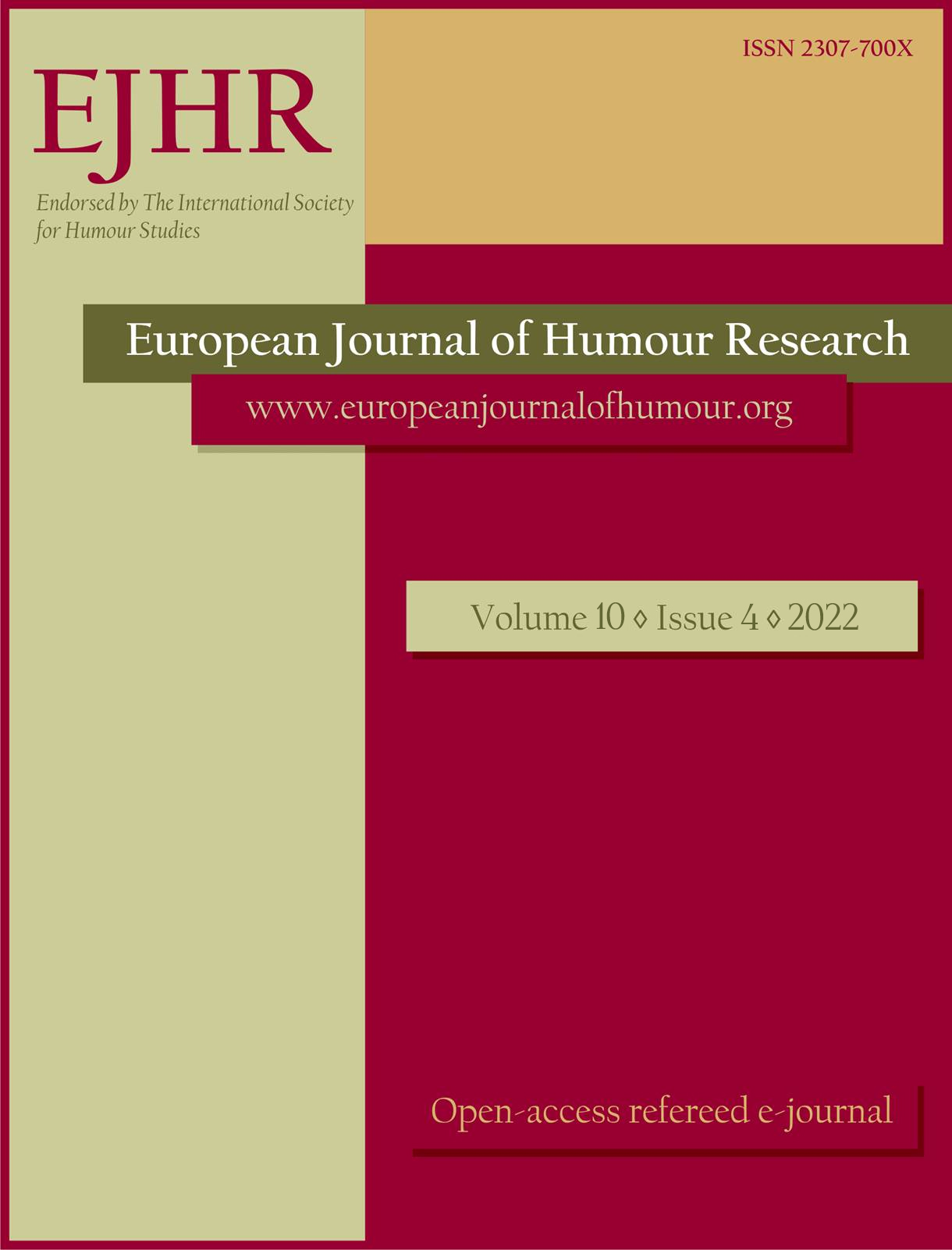Could humour make advertisements worse?
Could humour make advertisements worse?
Author(s): Vytautas Dikčius, Karina Adomavičiūtė, Ieva VenskuvienėSubject(s): Anthropology, Social Sciences, Language and Literature Studies, Theoretical Linguistics, Applied Linguistics, Sociology, Pragmatics, Sociolinguistics, Cultural Anthropology / Ethnology
Published by: Krakowskie Towarzystwo Popularyzowania Wiedzy o Komunikacji Językowej Tertium
Keywords: humour; sexism; advertisement’s violation; advertisement’s ridiculousness; intention to purchase
Summary/Abstract: The aim of this study is to assess the impact of sexist advertisements on the perception of advertisements’ violation, ridiculousness and consumers’ intention to purchase a product by considering different cases of interaction between the type of advertisement (sexism without humour and sexism with humour), the direction of sexism and the respondents’ gender. The study uses a two-by-two factorial design experiment to investigate data obtained by means of a questionnaire (183 responses). Data analysis revealed that the involvement of humour in sexist advertising has a negative impact on the perception of the advertisement and consumers’ intention to purchase. Furthermore, the direction of sexism (against women vs men) appears significant when it is paired with humour. The results of the study fill a research gap regarding the impact of the interaction between the type of advertising, the direction of sexism, and the respondents’ gender on the perception of specific advertisements and intention to purchase the advertised product.
Journal: The European Journal of Humour Research
- Issue Year: 10/2022
- Issue No: 4
- Page Range: 168-186
- Page Count: 19
- Language: English

